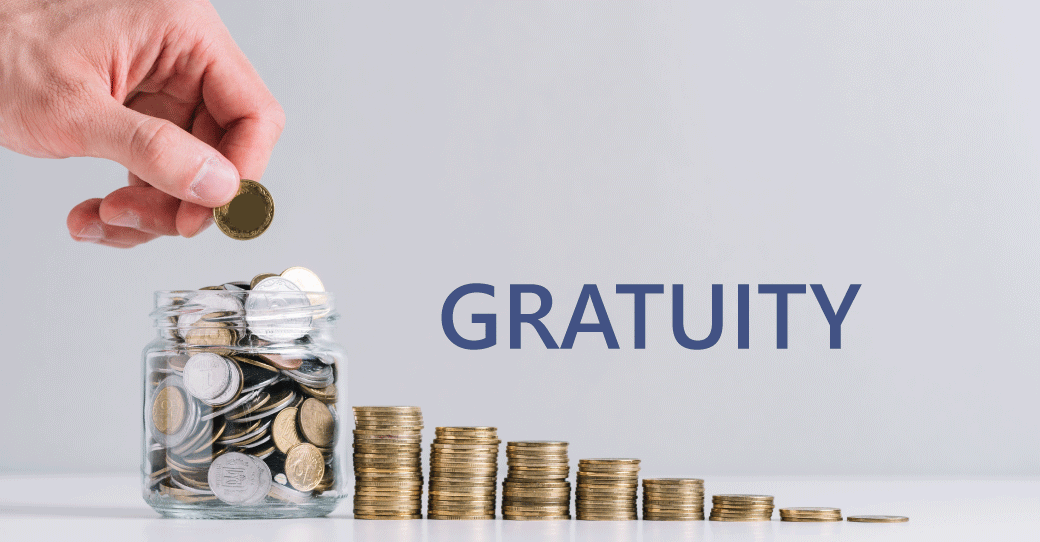You are entitled to gratuity after working in any organization for a fixed period. This can be seen as a monetary honour given to you by the company. That’s why it is also called a token of appreciation. If you are a government employee, you do not have to pay tax on the amount received in gratuity. However, if you are a private employee, then there is a tax rule on your gratuity.
Earlier, if a person received a gratuity of more than Rs 10 lakh, he had to pay tax on the excess amount. However, now it has been increased to Rs 20 lakh. This means that if you get Rs 20 lakh as gratuity, no tax will be charged, but if you get Rs 21 lakh, you will have to pay tax on Rs 1 lakh.
How will the tax be calculated?
If someone has received a gratuity of Rs 21 lakh, then the additional Rs 1 lakh will be added to that person’s annual income. After this, according to the tax slab in which his new salary will come, the tax will be collected from him.
How is gratuity calculated?
There is a fixed formula for calculating gratuity. (Last Salary) x (15/26) x (number of years worked in the company) = total gratuity amount. Suppose you worked in a company for 20 years, and your last salary was Rs 50,000 per month. This gives you 2 numbers in the formula. Now 15 and 26 are left; what is this? When gratuity is calculated, only 26 days are counted in a month because 4 days left is removed. In this formula, 15 means only 15 days of gratuity are available in a year. The calculation will be something like this – (50,000) x (15/26) x (20) = Rs 576,923. After 20 years of service, you have entitled to a gratuity of about Rs 6 lakh.

